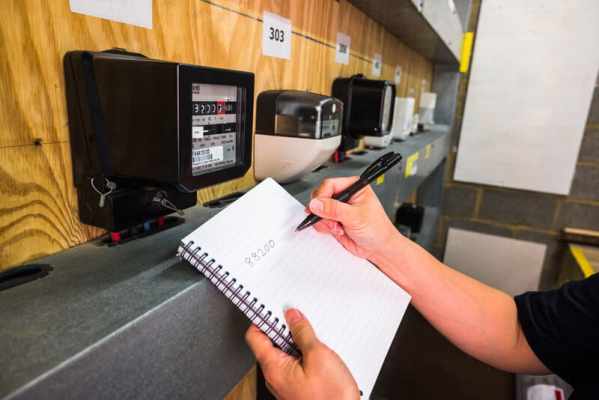Electricity prices will fall across most of Switzerland next year. The average price drop across the country will be around 10%. However, the drop will vary by location and prices will rise in a few regions, reported RTS. Electricity Meter © Fluffthecat | Dreamstime.comIn some places the price will drop by more than 20%. In a few it will rise by more than 30%. The 10% average price drop follows hikes of 27% in 2023 and 18% in 2024, a total jump of around 50%. Average savings in 2025 for a household consuming 4,500 kWh a year should amount to around CHF 140. How expensive is electricity in Switzerland? It depends. Prices in 2025 will range from 9.05 cents per kWh to 45.85 cents. So while one lucky household will spend around CHF 400 next year on electricity, another less
Topics:
Investec considers the following as important: Editor's Choice, Personal finance
This could be interesting, too:
Investec writes The global brands artificially inflating their prices on Swiss versions of their websites
Investec writes Swiss car insurance premiums going up in 2025
Investec writes The Swiss houses that must be demolished
Investec writes Swiss rent cuts possible following fall in reference rate
Electricity prices will fall across most of Switzerland next year. The average price drop across the country will be around 10%. However, the drop will vary by location and prices will rise in a few regions, reported RTS.

In some places the price will drop by more than 20%. In a few it will rise by more than 30%.
The 10% average price drop follows hikes of 27% in 2023 and 18% in 2024, a total jump of around 50%. Average savings in 2025 for a household consuming 4,500 kWh a year should amount to around CHF 140.
How expensive is electricity in Switzerland?
It depends. Prices in 2025 will range from 9.05 cents per kWh to 45.85 cents. So while one lucky household will spend around CHF 400 next year on electricity, another less fortunate one will pay around CHF 2,000.
Swiss electricity prices vary significantly depending on where you live. At 33.86 cents per kWh, Basel-City is the most expensive canton, while Luzern, with an average price of 21.29 cents per kWh, is the cheapest. Geneva (25.13), Zurich (27.51), Valais (28.53) and Vaud (30.86) are somewhere in between.
However, cantonal price averages hide wide variances. For example, in the canton of Valais, prices range from 9.05 in the municipality of Zwischbergen (Switzerland’s cheapest electricity) to 32.49. In Appenzell Ausserrhoden, the price ranges from 30.07 cents to 45.85 cents per kWh (Switzerland’s most costly electricity) in the municipality of Grub.
Next year’s prices are shown by municipality in the following map published by the Federal Electricity Commission (ElCom).
Why are prices so varied?
Price differences are largely due to differences between the costs of internal production at local power plants and the prices paid to buy electricity on the market. The costs of bad bets on the direction of prices and poor deal negotiation by networks get passed on to consumers. Regions with significant generation capacity are less exposed to these market risks. Network efficiency is another cost driver. Poorly run networks have higher costs that are passed on to customers.
Finally, some networks charge a premium for cleaner electricity production. Opting for this does not mean the electricity you consume is clean – you consume from the pool of electricity put into the network at any given moment. However, the premium you pay ends up in the pockets of cleaner energy producers, helping to subsidise and grow clean energy production.
More on this:
RTS article (in French) – Take a 5 minute French test now
For more stories like this on Switzerland follow us on Facebook and Twitter.
